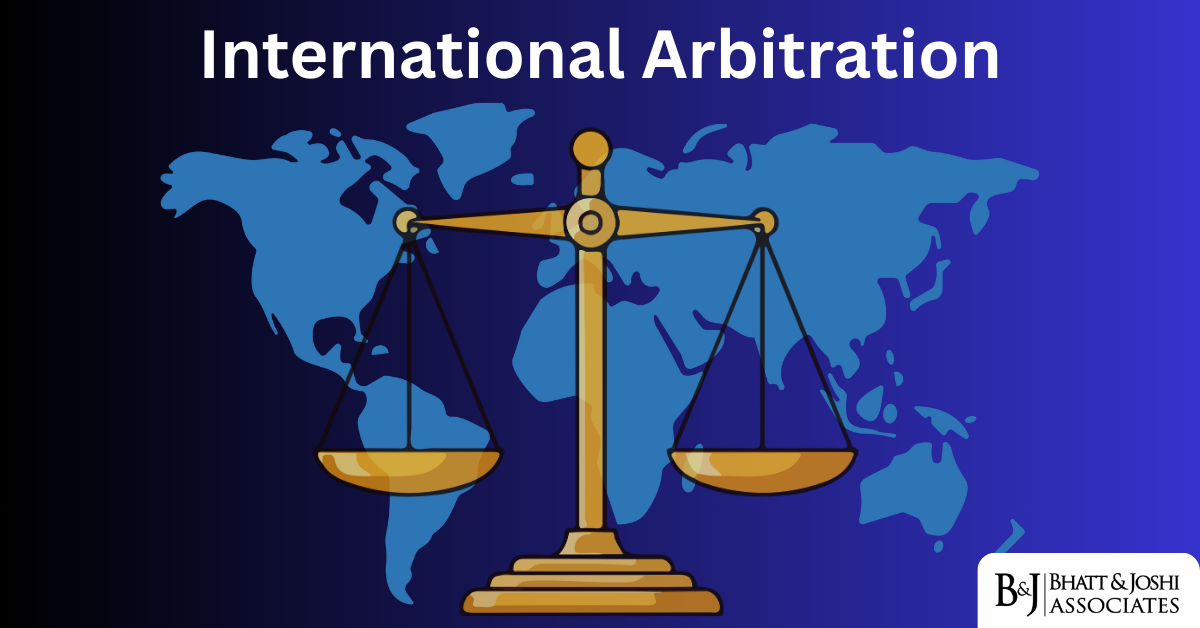Bail under NDPS Act: A Balancing Act between Public Interest and Individual Liberty
Bombay High Court Grants Bail to Accused after Finding Violation of Search and Seizure Rules

Introduction
The Narcotic Drugs and Psychotropic Substances Act, 1985 (NDPS Act) is a stringent law that aims to curb the menace of drug trafficking and abuse in India. The Act prescribes severe penalties for offences involving narcotic drugs and psychotropic substances, and also imposes strict conditions for granting bail to the accused. However, the Act also lays down certain procedural safeguards to ensure that the search and seizure of contraband are conducted in a fair and legal manner. The Bombay High Court recently dealt with a case where the legality of the search and seizure was challenged by the accused, who sought bail on the ground of violation of Section 42 of the NDPS Act.
Background of the Case for Bail under NDPS Act
The Applicant, Shivraj Gorakh Satpute, was facing trial under the NDPS Act for possession of 50 kgs of Ganja (cannabis), which was allegedly recovered from his residence based on specific information given by a co-accused. The search and seizure were conducted after sunset, without obtaining a warrant or authorization from a magistrate, and without recording reasons for not doing so. The Applicant filed an application for bail under Section 439 of the Code of Criminal Procedure, 1973 (Cr.P.C.), challenging the legality of the search and seizure. The Trial Court rejected his application, citing non-compliance with Sections 42 and 50 of the NDPS Act. The Applicant then approached the High Court for relief.
Legal Issues Involved
The main legal issue involved in this case was whether the search and seizure conducted at the Applicant’s residence complied with Section 42 of the NDPS Act, which mandates the procedure for entering and searching any place where any narcotic drug or psychotropic substance is kept or concealed. The Court also examined whether the search and seizure were based on specific information or were a case of chance recovery.
Arguments by Advocate for the Applicant
Mr. Aashish Satpute, the learned counsel for the Applicant, contended that the search was conducted between sunset and sunrise without complying with the provisions of Section 42(2) of the NDPS Act. He relied upon the decision of Mohinder Kumar Vs. The State, Panji Goa, AIR 1995 SC 1157. He further argued that there was non-compliance with the mandatory procedure of seizure and sampling, which prima facie renders the seizure illegal. He cited the decision of Union of India Vs. Bal Mukund and Ors., (2010) 1 SCC (Cri) 541. The counsel also pointed out discrepancies in the chemical analysis report concerning the nature of the contraband seized, raising doubts about its quantity.
Opposition Submission by Opposite Side
Ms. A.A. Takalkar, the learned APP for the Respondent-State, submitted that the contraband was recovered based on a disclosure statement made by the co-accused. She argued that it was not a case of chance recovery and that compliance with Section 42 of the NDPS Act was not necessary. She relied upon the Apex Court’s decision in Sorabkhan Gandhkhan Pathan and anr. v/s. State of Gujarat (2004) 13 SCC 608. She further contended that the seizure panchanama indicates that a commercial quantity of Ganja was seized from the Applicant’s house. She cited the decision of Shivkumar Mishra vs. State of Goa (2009) 3 SCC 797 and stated that the discrepancies pointed out by the Applicant’s counsel are to be decided at trial.
Important Observations of the Court for Bail under NDPS Act
The Court, after considering the submissions of both sides, made the following important observations:
- The Court noted that Section 42(1) of the NDPS Act mandates that an officer who has reason to believe that any narcotic drug or psychotropic substance is kept or concealed in any place, shall enter and search such place after recording his reasons in writing. However, Section 42(2) provides an exception that if such officer has reason to believe that a search warrant or authorization cannot be obtained without affording opportunity for concealment or escape or such search cannot be made at any time during day time then such officer may enter and search such place at any time between sunset and sunrise after recording grounds for his belief.
- The Court observed that in the present case, there was no evidence to show that obtaining a warrant or authorization would have allowed the Applicant to escape or conceal evidence. The Court said that the information given by the co-accused was received at about 3 p.m., and there was sufficient time for obtaining a warrant before sunset. The Court also said that there was no indication that the Applicant was aware of the co-accused’s arrest or disclosure. The Court further said that the officer did not record his reasons for conducting the search without a warrant in terms of Section 42(1) proviso.
- The Court cited the case of Simranjit Singh v. State where it was held that non-compliance with Section 42(2) would render an arrest illegal unless it is shown that it was impossible to comply with it or that compliance would defeat the purpose of arrest. The Court also relied on other judgments such as State v. Mohd Yakub, Abdul Rashid Ibrahim Mansuri v. State Of Gujarat, Sajan Abraham v. State Of Kerala, etc., where similar views were expressed.
- The Court also observed that there were discrepancies in the quantity and quality of Ganja allegedly seized from the Applicant’s residence. The Court said that while Ganja is defined as excluding seeds under Section 2(iii)(b) of the NDPS Act, the chemical analysis report showed that the contraband contained seeds. The Court also said that there was a difference of 10 kgs between the seizure panchnama and the charge sheet.
(Source: Pages 7-9 of the document)
Conclusion for Bail under NDPS Act
The Court concluded that there were reasonable grounds to believe that the Applicant was not guilty of the offences alleged against him. The Court also considered his age, antecedents, and period of custody while granting bail. The Court imposed certain conditions on him, such as reporting to the police station once a week, not leaving India without permission, etc.
(Source: Page 9 of the document)
References
: Mohinder Kumar Vs. The State, Panji Goa, AIR 1995 SC 1157 : Union of India Vs. Bal Mukund and Ors., (2010) 1 SCC (Cri) 541 : Sorabkhan Gandhkhan Pathan and anr. v/s. State of Gujarat (2004) 13 SCC 608 : Shivkumar Mishra vs. State of Goa (2009) 3 SCC 797
Tabulation of Important Provisions of Law
| Sr no. | Provision / Section of Law | What it Stands For | Context in the Case |
|---|---|---|---|
| 1 | Section 42(1) of the NDPS Act, 1985 | Mandates the procedure for search and seizure | Core issue in the case, non-compliance led to granting of bail |
| 2 | Section 42(2) of the NDPS Act, 1985 | Provides an exception for search and seizure between sunset and sunrise | Violated by the officer who conducted the search |
| 3 | Section 52(A) of the NDPS Act, 1985 | Prescribes the method of sealing and labeling samples | Not followed by the Investigating Agency |
| 4 | Section 37 of the NDPS Act, 1985 | Sets conditions for bail in NDPS cases | Initially rendered Applicant ineligible for bail |
| 5 | Section 439 of the Cr.P.C., 1973 | Provides for bail application | Legal route taken by the Applicant for bail |
 Whatsapp
Whatsapp


